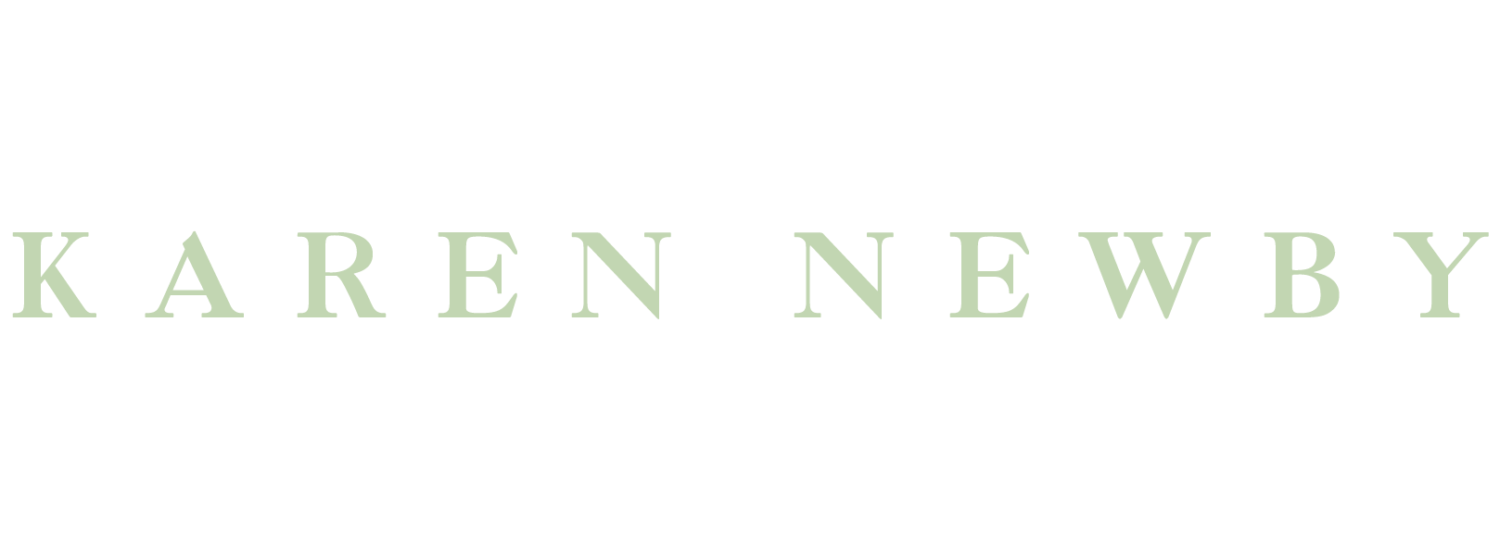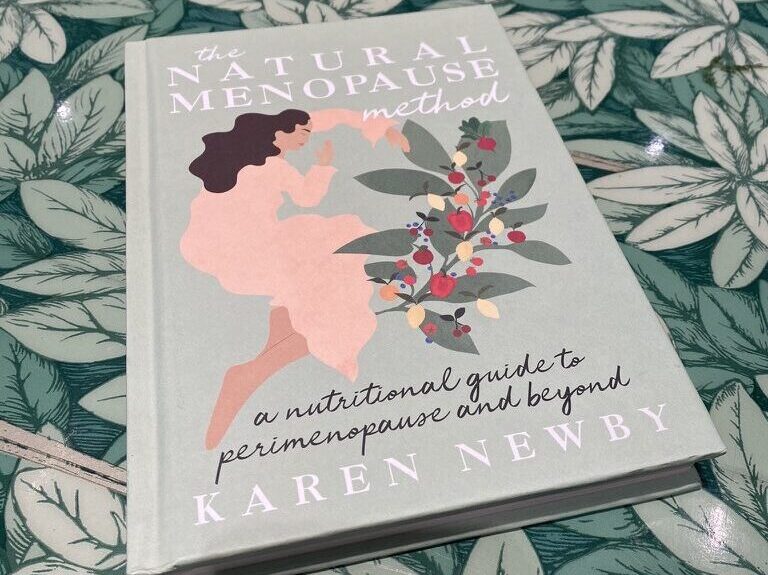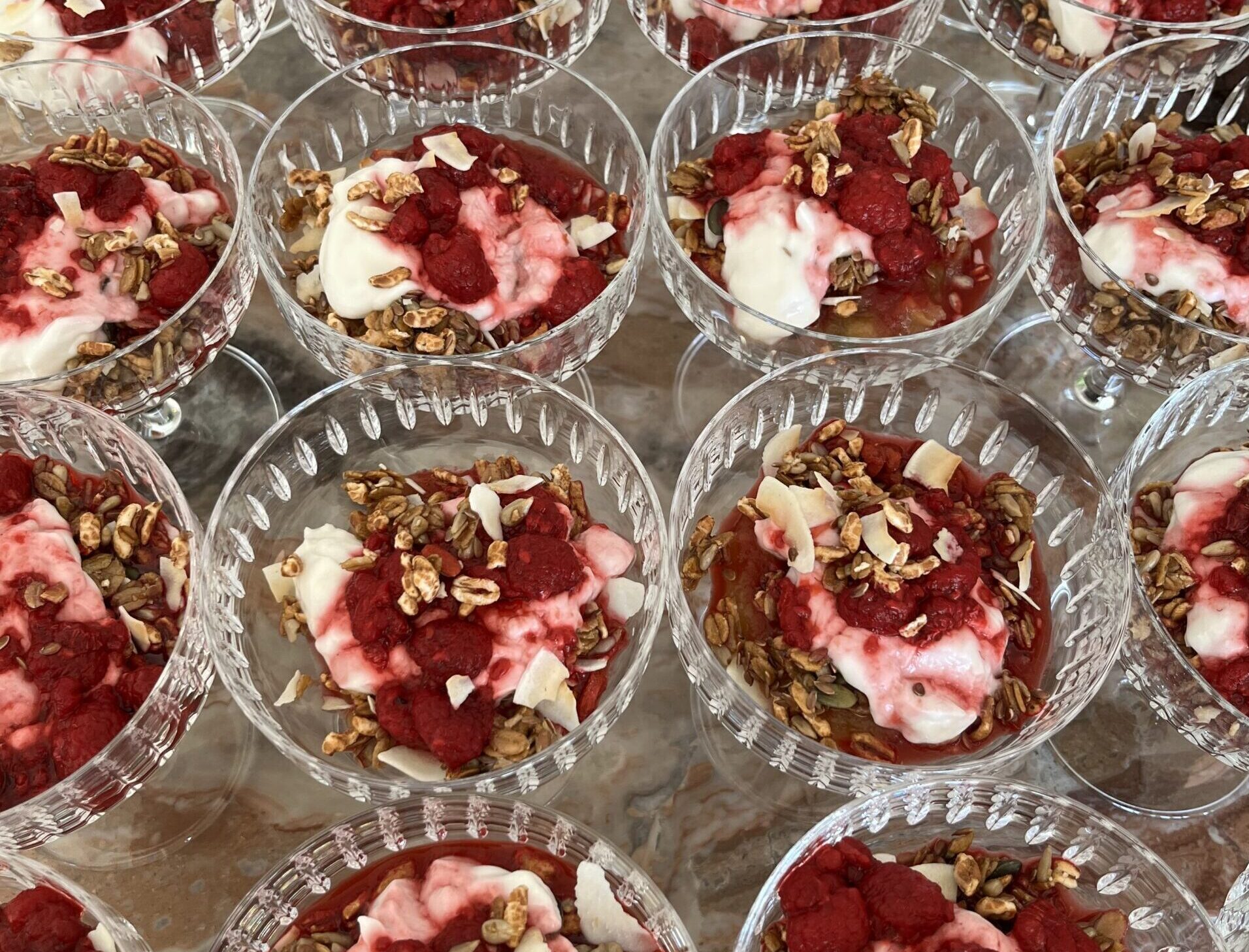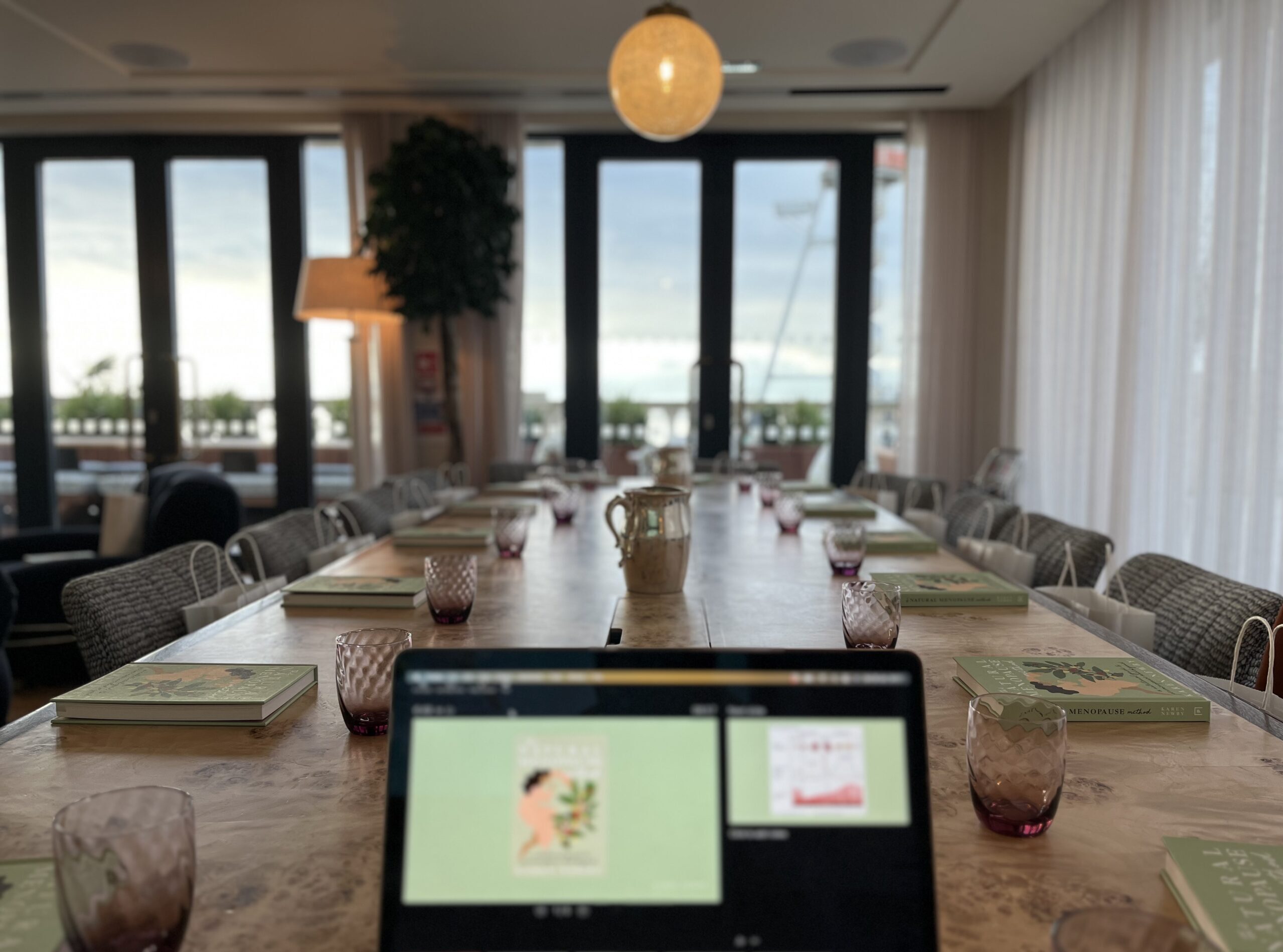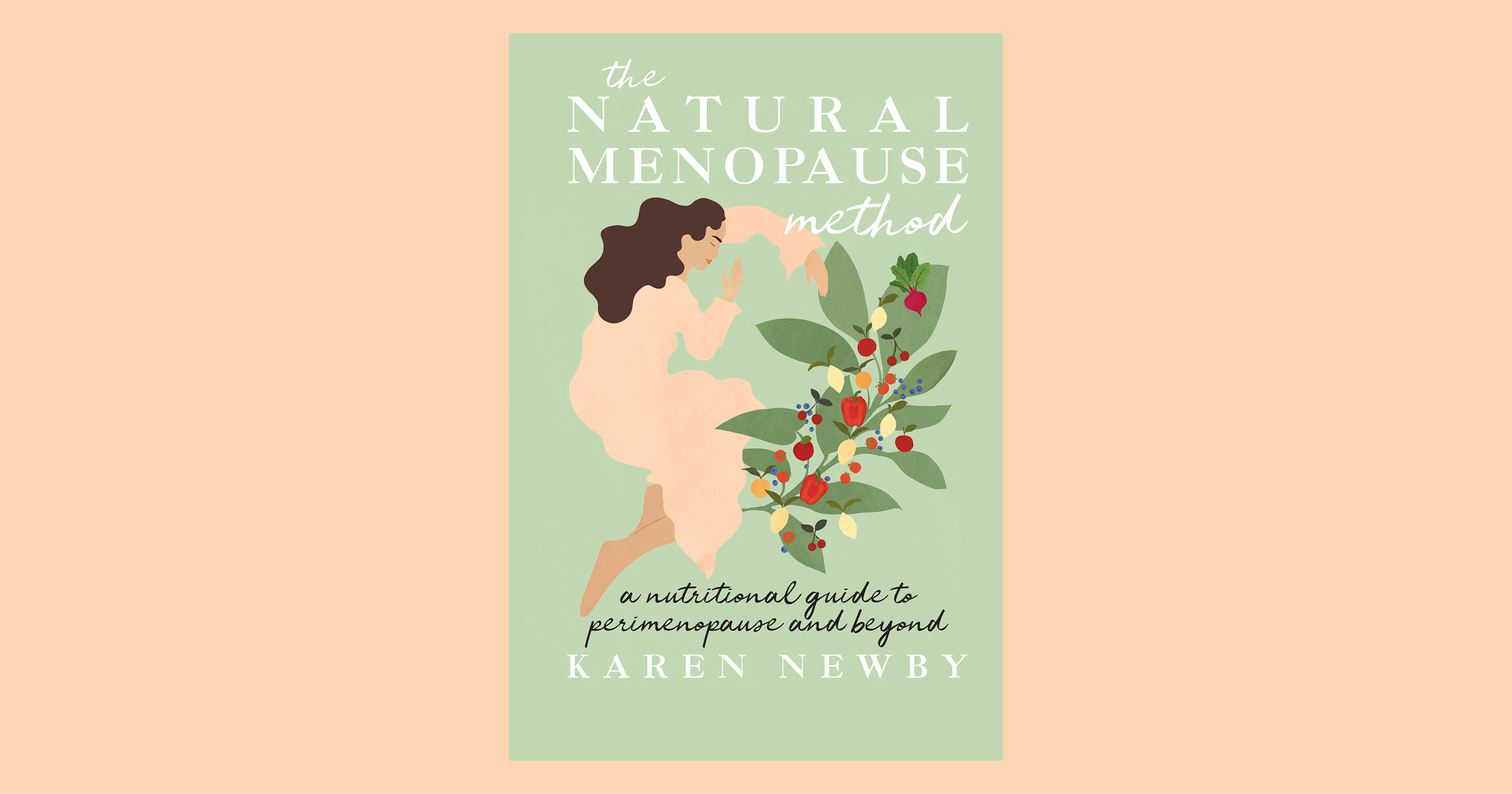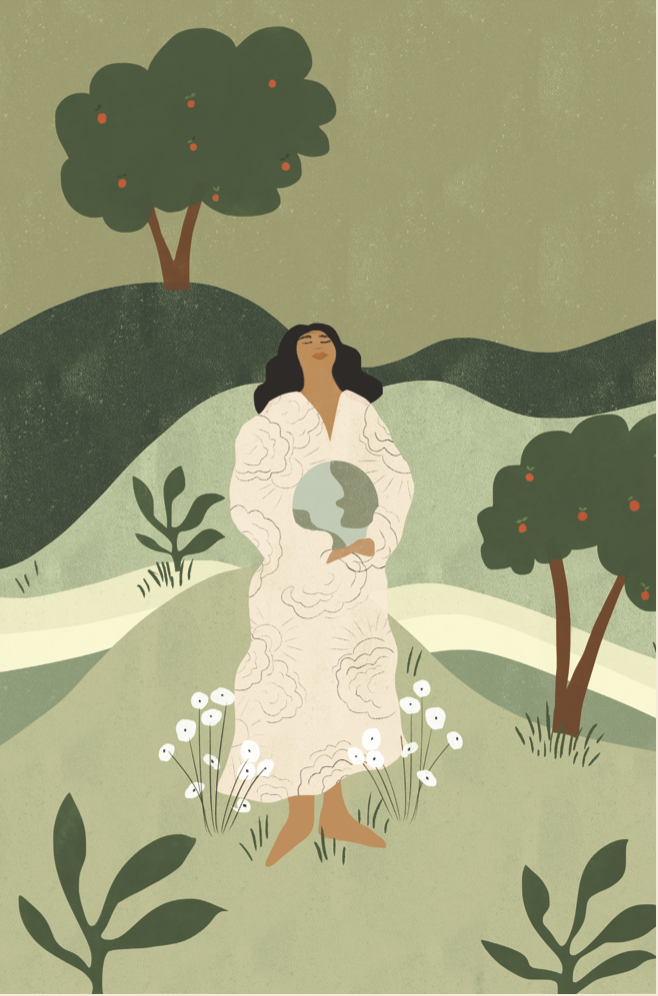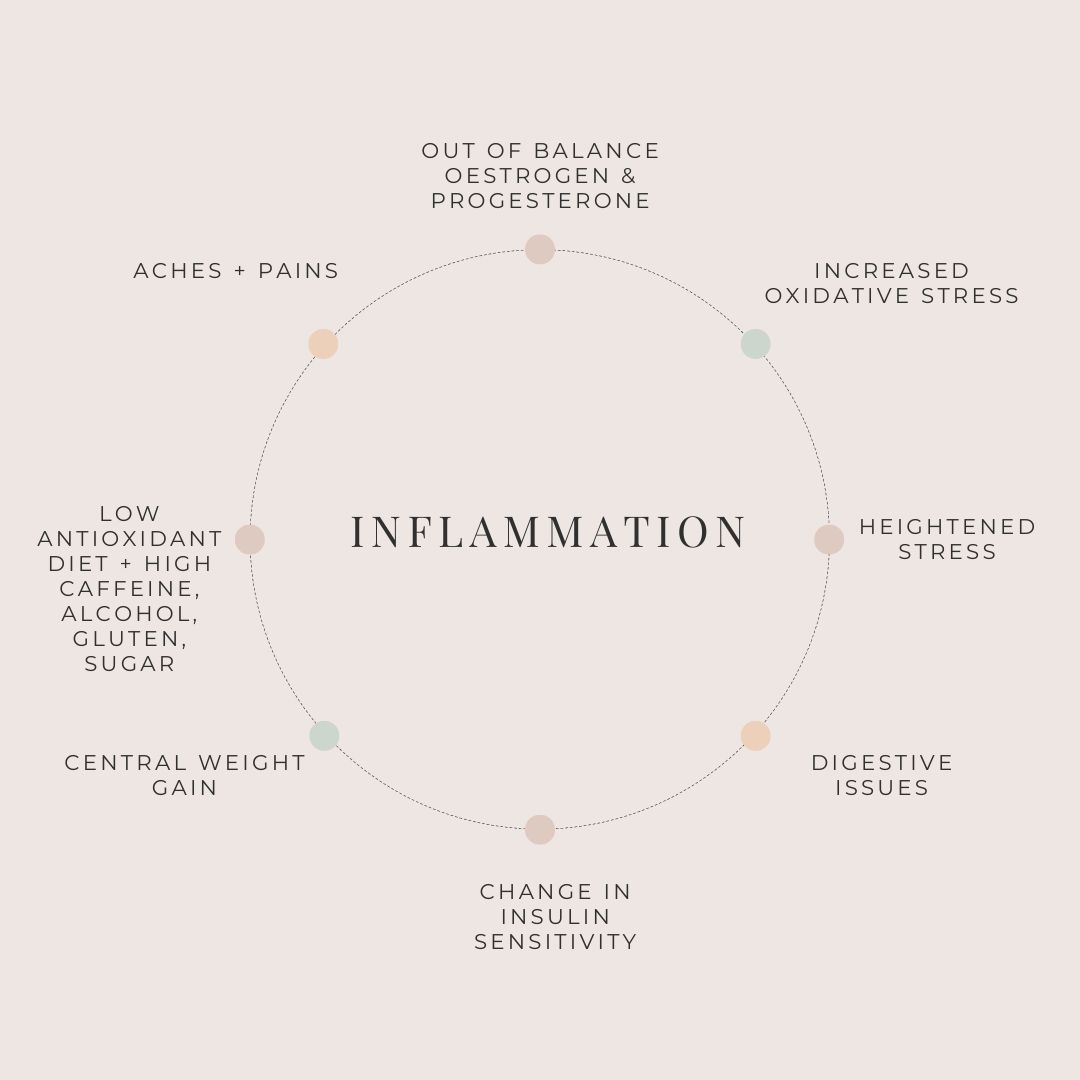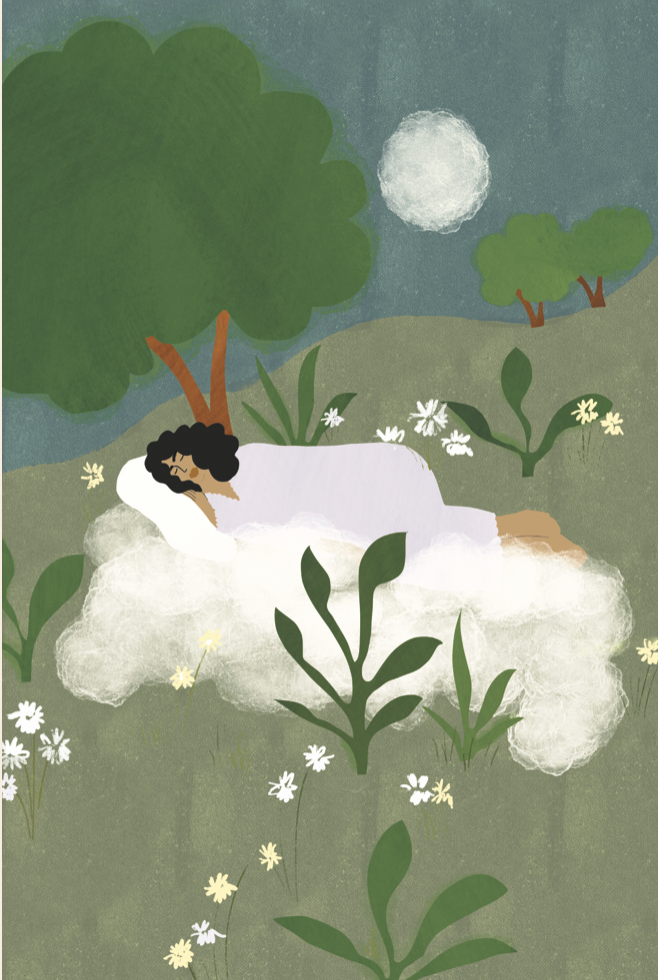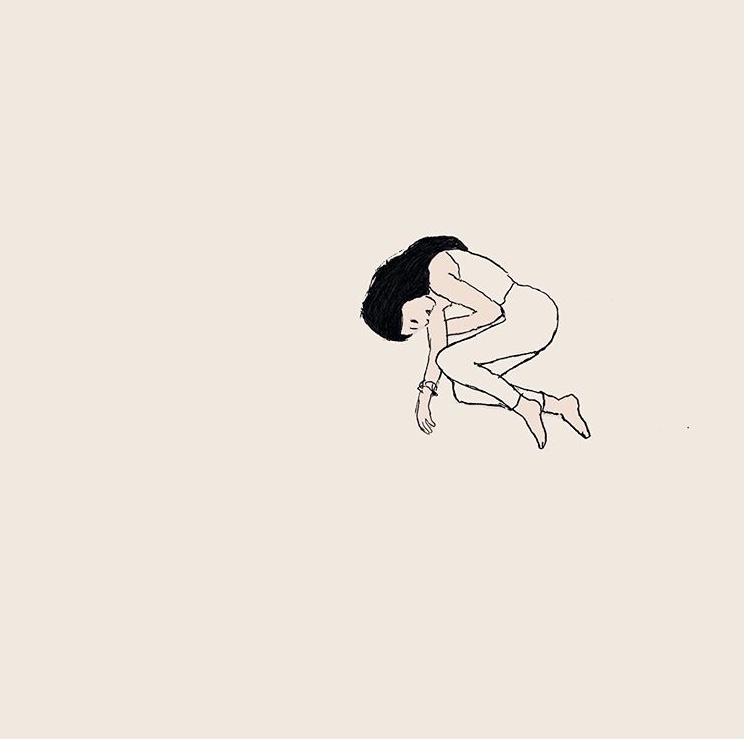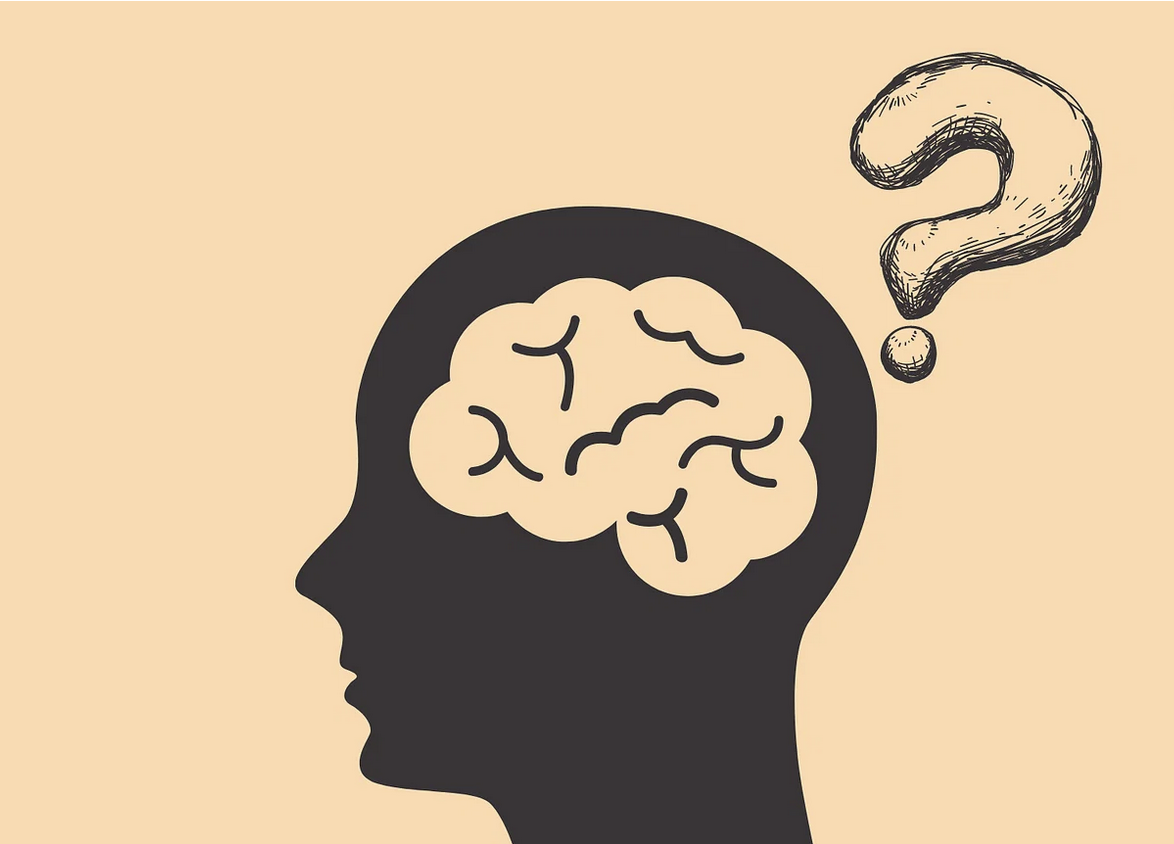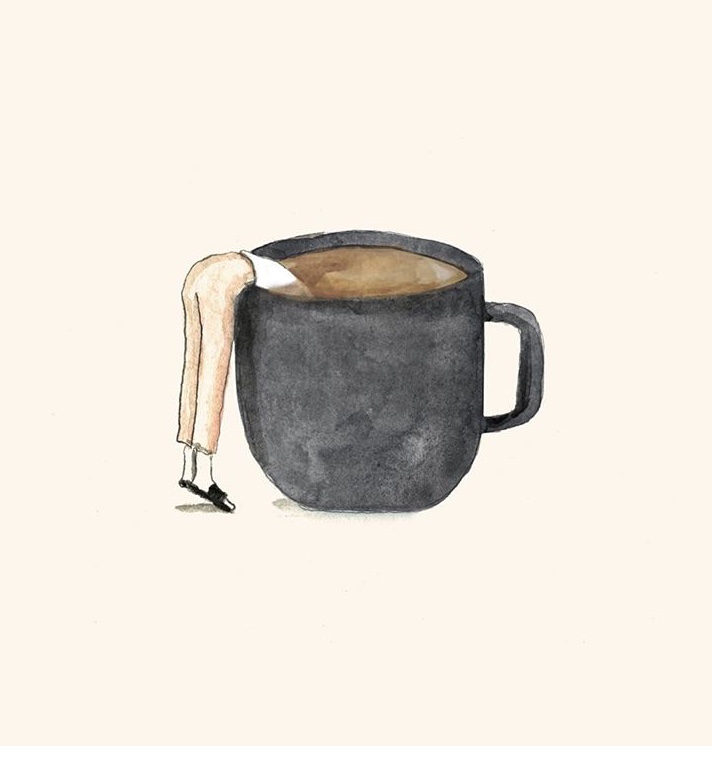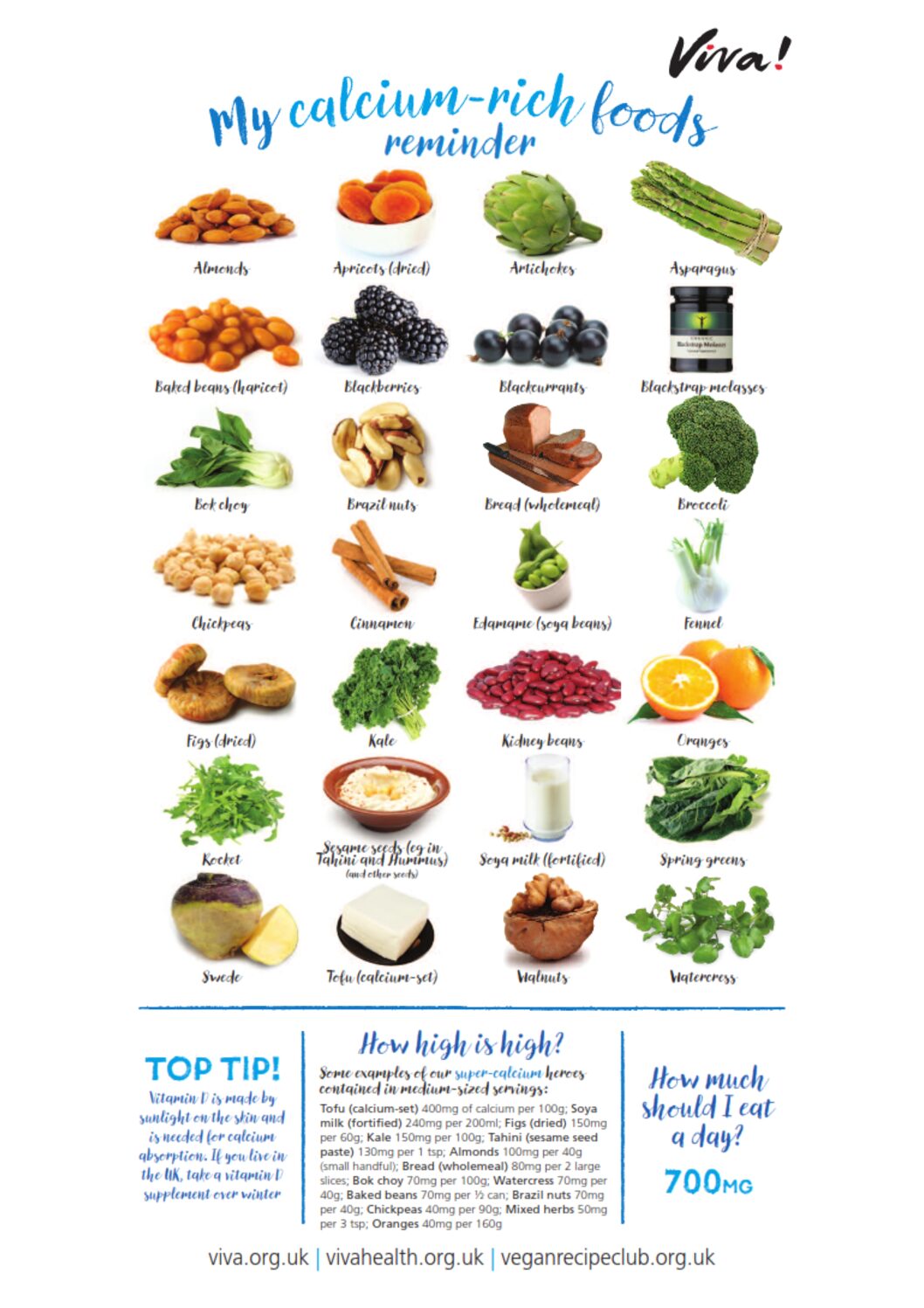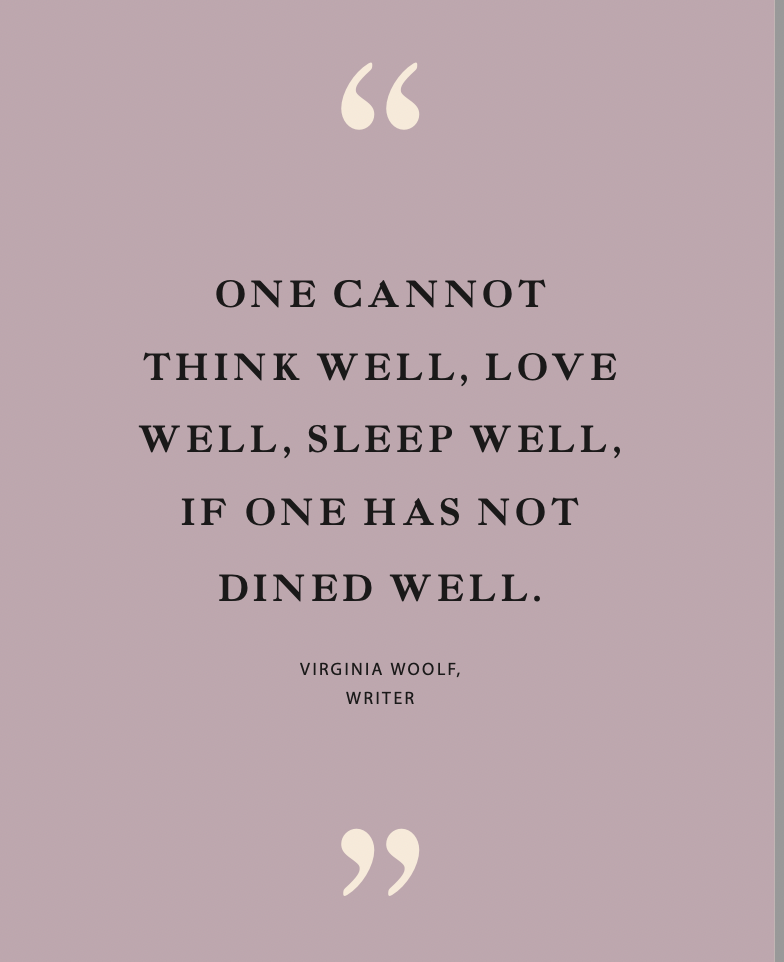-
Have you read my book The Natural Menopause Method: a nutritional guide to perimenopause and beyond?
The illustrated guidebook includes lots of simple shifts to help us regain balance in our modern day turbo charged world, plus a vast troubleshooting section with all the latest evidence based research from the world of nutritional science (it was always incredibly important to me to show the evidence behind my recommendations) as well as a look at key foods and supplements that really wo In the book I discuss why we need a therapeutic diet at perimenopause not a balanced one (what does a balanced diet mean anyway??!!) and how simple realistic lifestyle shifts can make a lot of difference. Some of the topics I discuss include: What is…
-
My Online Retreat is now live…
Struggling with sleep, hot flushes, aches and pains, anxiety, low mood or sudden weight gain? Join my Online Retreat to learn how to get these menopausal symptoms under control to help you feel more like yourself again. The Course includes a series of 24 talks which you can go through at your leisure, which deep dive into what’s going on at menopause and how to get back in control again. It also includes downloadable PDFs, a Community Forum to ask me questions along the way and Monthly Live Clinics on specific symptoms or topics like supplements. There are also guest speakers which have so far included The Mindful Cook Josie…
-
The problem with inflammation at menopause
The menopause is now deemed an inflammatory transition in a woman’s life. This image outlines important factors which can cause inflammation in the body at menopause. Inflammation examples include pain, muscles stiffness, a foggy head, depression, bloating, ezcema (which literally means to boil over in Greek, which is what our immune system is doing!), osteoarthritis and any auto immune condition. Declining oestrogen levels can make us more inflamed because oestrogen is one of our natural anti-inflammatory steroid hormones. The decline of oestrogen can also increase oxidative stress which creates free radicals, a known factor in cartilage destruction and aging. So how can we help put out the fire of inflammation?…
-
Collagen myth busting…
What is the collegen / oestrogen link? Studies have shown that estrogen supports collagen production by binding to receptors in the skin known as fibroblasts. Collagen makes up roughly 70-80% of the weight of our skin! At menopause collagen can decline by up to 30% which is why we often see quite a lot of change in our skin and joints too. Not just for our skin – for our bones and joints too Collagen is the most abundant protein in the body. Its fiber-like structure is used to make connective tissue. It’s a major component of bone, skin, muscles, tendons, and cartilage. It helps to make tissues strong and resilient,…
-
Fatigue Fighters
Modern life has created an energy crisis – and that’s before perimenopause kicks in. The reason we have this energy crisis is because the body keeps going, regardless of how much stress weare under. We’ve created a sophisticated biochemical and endocrine feedback system to deal with adverse events and high life-load. Although we can adapt, this is often to the detriment of our vitality. Here are 8 ways to boost your va va voom today!
-
How to support our happiness neurochemical – serotonin
As our oestrogen starts to rollercoaster this can affect our serotonin levels, cue low mood. But we can help support our serotonin production through the food that we eat. First off, we need to make sure we have regular intakes of one of the essential amino acids tryptophan. Tryptophan is the precursor to serotonin AND melatonin, so good to support sleep too, and can be found in chicken, oats, bananas, figs, dates, nut butter, oat cakes, milk, kiwis and tart cherry juice. Oestrogen is a factor so for those of us not on HRT, phytoestrogens are helpful here. They are not oestrogen but exert a mild oestrogenic effect on the…
-
Are you creaking like an old garden gate?
Are you finding your muscles ache, especially in the morning? Have you got stiff joints or even osteoarthirits? A lot of these symptoms are down to the far reaching effects of fluctuating levels of oestrogen. The menopause is now deemed an inflammatory transition. Declining oestrogen levels can make us more inflamed because oestrogen is one of our natural anti-inflammatory steroid hormones. The decline of oestrogen can also increase oxidative stress which creates free radicals, a known factor in cartilage destruction. So how can we help support healthy joints at menopause”? First stop is increasing more antioxidant rich foods to help quench these free radicals. Aim to up your blueberries, pomegranate,…
-
How to boost your brain power this Spring!
Can’t remember why you came into a room? Brain feels like cotton wool? Do you forget what you were talking about mid-sentance or can’t remember colleague’s names? These are all common and often alarming symptoms when we seriously worry that we’re getting early onset dementia. But there are reasons for it. Oestrogen is stimulating to the brain and helps with cognition and memory so dips at perimenopause can cause a reduction in brain energy. As our body gets used to lower levels of oestrogen and progesterone (remember we still produce both post menopause from our adrenals and other peripheral tissues), we need to focus our attention on feeding our brains.…
-
How to break habits (however overwhelmed you are)
How many of us: …Wake up EXHAUSTED so reach for caffeine…Skip breakfast (not hungry because eaten too late the night before)…Crash mid morning (more caffeine. Snacks)…Eat lunch on the run (often a sad sandwich)…Major energy slump at 3pm (more snacks and caffeine)…Eat late (due to lots of snacking in the afternoon as not that hungry)…Stay up late (so much to do – suddenly get a clarity of thought at 9pm that hasn’t been there all day!)…Go to bed late (wired and tired, can’t sleep)…Wake up and repeat… We are even MORE FRAZZLED and overwhelmed at perimneopause and change feels impossible. This is due to oestrogen and progesterones neural effects on…
-
We need more than calcium for strong bones
This is a great chart by Viva! to show plant based calcium rich foods. The reason I use this chart in my clinic so much is because not only are these foods great for calcium, they are also great sources of other essential nutrients needed for bones that are not really talked about. The beauty of Mother Nature is that she delivers nutrients from the plant world in the right ratio of calcium to magnesium for example (where as dairy you just get loads of calcium and hardly any magnesium). They also deliver vit A (in the form of beta carotene), vit K, Vitamin C, boron, manganese and zinc. All…
-
Eat as the path of the sun!
This quote falls just before my Eat section in my book. Thank you Virginia for your sound advice. For most of us we dine well in the evening …but during the day our food choices are often rather reactionary and low in vitality/ rather beige. After our evening meal we often get a second wind. We feel focussed for the first time that day. We have energy for the first time that day too. I often say to clients ‘how different would you feel if you had your evening meal at the start the day?’ Breakfast and lunch are even more important than our evening dining. They are crucial to…
